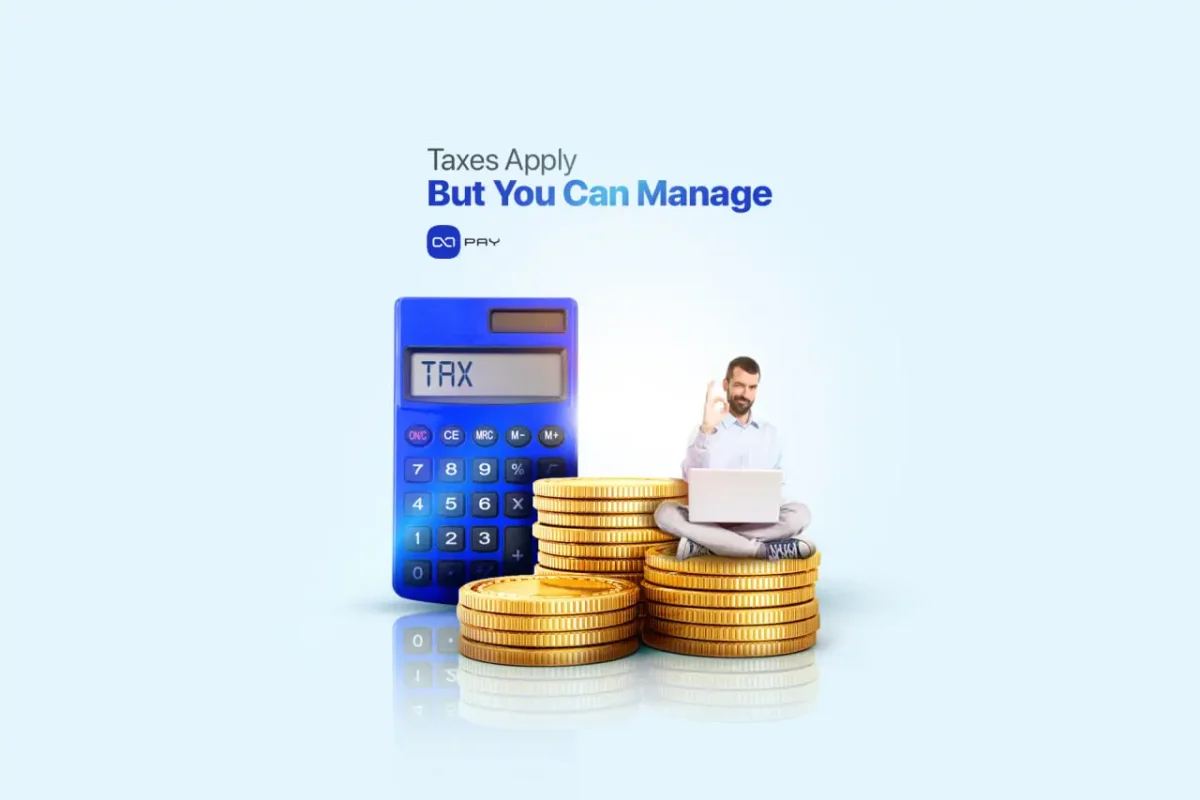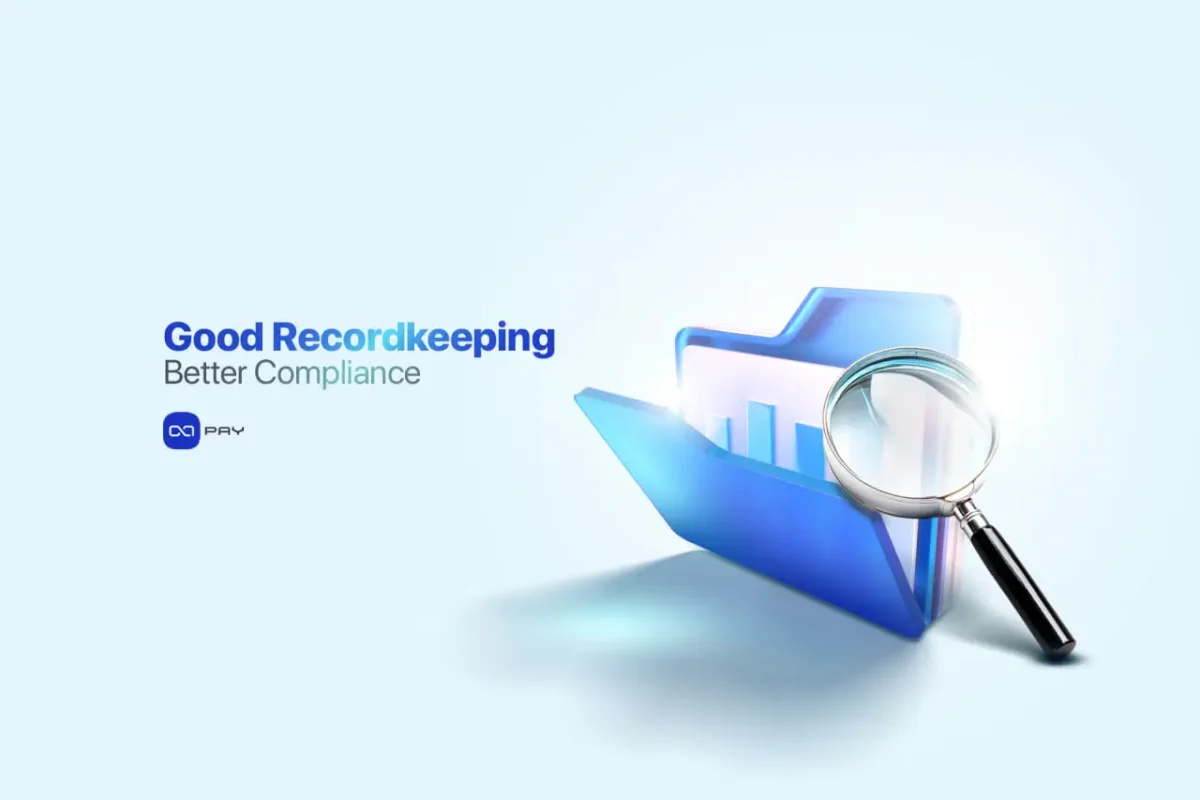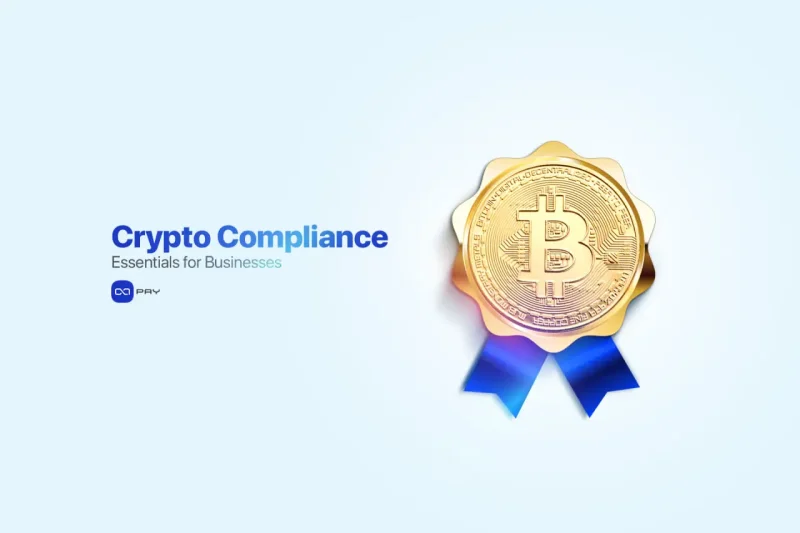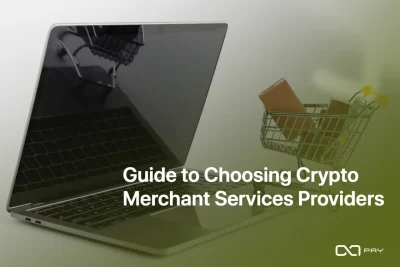As cryptocurrency becomes a common method of payment, businesses are starting to ask a key question: “Am I compliant?” The concern is valid, but often misunderstood. In the crypto world, compliance is less about legal red tape. It’s more about following responsible practices. If you’re not holding user funds, converting currencies, or collecting sensitive data, you may avoid traditional rules like KYC or licensing. However, that doesn’t mean you can ignore your responsibilities. With the right tools and understanding, you can build a payment flow that drives growth and respects the core principles of crypto compliance.
Your Role Defines Your Responsibility
The most important thing to understand about compliance in crypto payment is that your legal obligations depend on your business model. If you’re running a custodial wallet, a centralized exchange, or offering financial services, the rules are stricter. But if you’re simply accepting crypto as a payment method, where funds go directly from the customer to your wallet or to a third-party non-custodial gateway, your exposure to regulatory requirements is significantly lower. In such cases, compliance becomes more about internal discipline, transparency, and thoughtful setup rather than formal licensing or user verification.
Not Every Business Needs KYC
KYC (Know Your Customer) and AML (Anti-Money Laundering) rules are mandatory for institutions that store customer funds or handle crypto-to-fiat conversions. But if your business only receives crypto payments and doesn’t hold funds for others, you’re usually not subject to those rules. Tools like OxaPay follow this principle. They offer KYC-free onboarding and let you accept crypto payments while staying within the boundaries of privacy and compliance. This allows you to operate responsibly without collecting user identities or becoming a regulated financial entity.

Taxes Still Apply, But They’re Manageable
One area where compliance always matters, regardless of custody, is taxation. In most jurisdictions, receiving cryptocurrency is considered income and must be reported accordingly. That doesn’t mean crypto accounting has to be complex. You just need to track the date of each transaction, the crypto asset received, the value in fiat at the time, and the wallet or invoice ID. To make this easier, look for tools that provide exportable reports. OxaPay excels in this area, offering complete transaction logs and downloadable data that help you stay organized, file accurately, and prepare for audits if necessary.
Choose Assets That Align With Regulation
The type of crypto you accept for payment can impact your compliance profile. Bitcoin and Ethereum are generally recognized and accepted with broad infrastructure support. Stablecoins such as USDT and USDC offer price stability and are often easier to account for in financial reporting. On the other hand, privacy coins like Monero or Zcash may raise regulatory concerns in certain jurisdictions. Most crypto gateways allow you to control which assets you accept. With OxaPay, for example, merchants can enable or disable specific coins or networks, making it easier to align their payment stack with business needs and regional laws.
Respect Customer Privacy, But Know the Boundaries
If your crypto checkout doesn’t collect personally identifiable information (PII), you’re usually not subject to regulations like GDPR. But if you collect emails, names, or phone numbers for support or marketing, you must explain how that data is stored, used, and protected. The good news is that privacy-first tools reduce your exposure by default. Using crypto payment systems that don’t store user data keeps your business lightweight and aligned with modern privacy expectations.
Refunds and Dispute Handling Still Matter
While crypto is irreversible by design, that doesn’t mean customer support ends after the transaction. Refunds may still be required in cases like duplicate payments, incorrect amounts, or returned products. The key is to have clear refund policies and flexible tools. For instance, OxaPay allows merchants to manually refund, reopen expired invoices, or accept underpaid transactions with full control, offering a balance between blockchain finality and customer satisfaction. This not only helps you stay aligned with good practices, but also builds trust with crypto-paying customers.
How does OxaPay handle underpaid, expired, or incomplete invoices?
Regional Restrictions and Responsible Access
Not all regions welcome crypto usage equally. Some countries enforce strict rules or outright bans, while others operate in regulatory grey zones. Businesses that serve international audiences should be aware of regional restrictions and take steps to limit exposure. Many crypto gateways offer geo-blocking features, IP filtering, or coin-specific controls. These features allow you to avoid unintentionally serving restricted users and reinforce your commitment to responsible global operations.

Good Recordkeeping = Better Compliance
No matter your size or location, keeping clean records is essential for responsible crypto use. You should track when and how each transaction occurred. Also record what asset you received, its fiat value at that time, and how you handled refunds or issues. This is crucial for tax reporting and audits. Platforms like OxaPay help by offering real-time dashboards, invoice tracking, and exportable logs. These tools keep you transparent and audit-ready, without needing extra systems.
Conclusion: Crypto Compliance Is Simpler Than You Think
Staying compliant while accepting crypto payments doesn’t mean sacrificing speed or usability. With a clear understanding of regulations and well-structured processes, you can build a secure and efficient crypto payment compliance strategy that supports both user trust and legal alignment.
If you want a solution that respects privacy, adapts to your workflow, and simplifies reporting, OxaPay offers no-KYC onboarding, refund tools, and full transaction tracking, all without adding complexity.
→Start now with OxaPay crypto payment gateway to keep your business crypto-compliant without complexity




